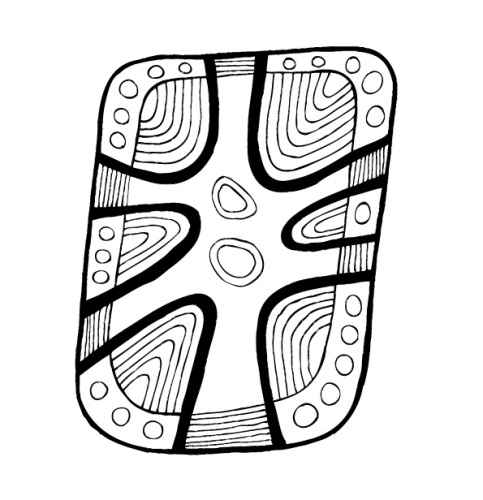In the Los Angeles Archivists Collective article ‘Archival Consent‘, Julie Botnick raises issues of ownership, consent, and agency in relation to institutionally held collections and collection-based decisions. She suggests revising traditional power structures that favour the institution and management roles by reframing collection related question to be based upon consent. Her example is rather than “do we own this?”, the question can be framed “should we have this?”, encouraging discussion and a focus on ethics that moves away from reiterating institutional narratives of exclusive ownership.
Botnick suggests the archival sector engages with a feminist model of affirmative consent to counteract the histories of archival silencing for marginalised individuals and communities, to ensure that:
“those who are on the outside of powerful institutions, are empowered, autonomous actors with full rights over their bodies, their material traces, and the spaces they occupy.”
Affirmative consent also re-engages material traces with their human interactive contexts, drawing parallels to models of social engagement assists a movement away from the decontextualised archival object. Pivotal to this engagement model, affirmative consent requires a continual discussion for reaffirmation and negotiation of action across the life cycle of interaction, consent is not a one-time agreement.
Terri Janke, Wuthathi/Meriam woman and distinguished authority on Indigenous Cultural and Intellectual Property (ICIP), outlines the similar concept in practice of “free, prior and informed consent” (FPIC) as a key and fundamental right of Indigenous peoples. Free, prior and informed consent seeks to ensure Indigenous peoples can control knowledge and information and have the agency to change the consent parameters or even revoke that consent. FPIC seeks to both support and be supported by Indigenous sovereignty, agency and self-determination.
The Office of the United Nations High Commissioner for Human Rights (OHCHR) explain FPIC as:
- Free implies that there is no coercion, intimidation or manipulation.
- Prior implies that consent is to be sought sufficiently in advance of any authorization or commencement of activities and respect is shown to time requirements of indigenous consultation/consensus processes.
- Informed implies that information is provided that covers a range of aspects …This process may include the option of withholding consent. Consultation and participation are crucial components of a consent process.
See full OCHCR document here
AUTHOR – LAUREN BOOKER
REFERENCES
Botnick, Julie. (2018). Archival Consent. Los Angeles Archives Collective. Retrieved online at: http://www.laacollective.org/work/archival-consent-by-julie-botnick/

